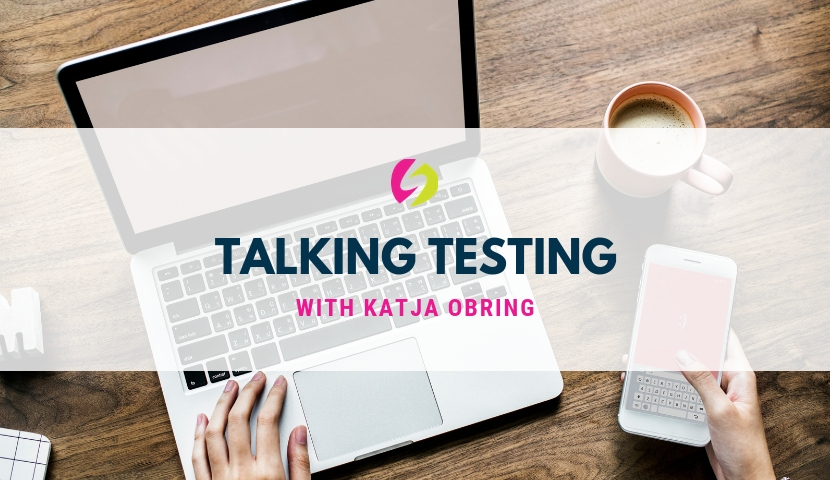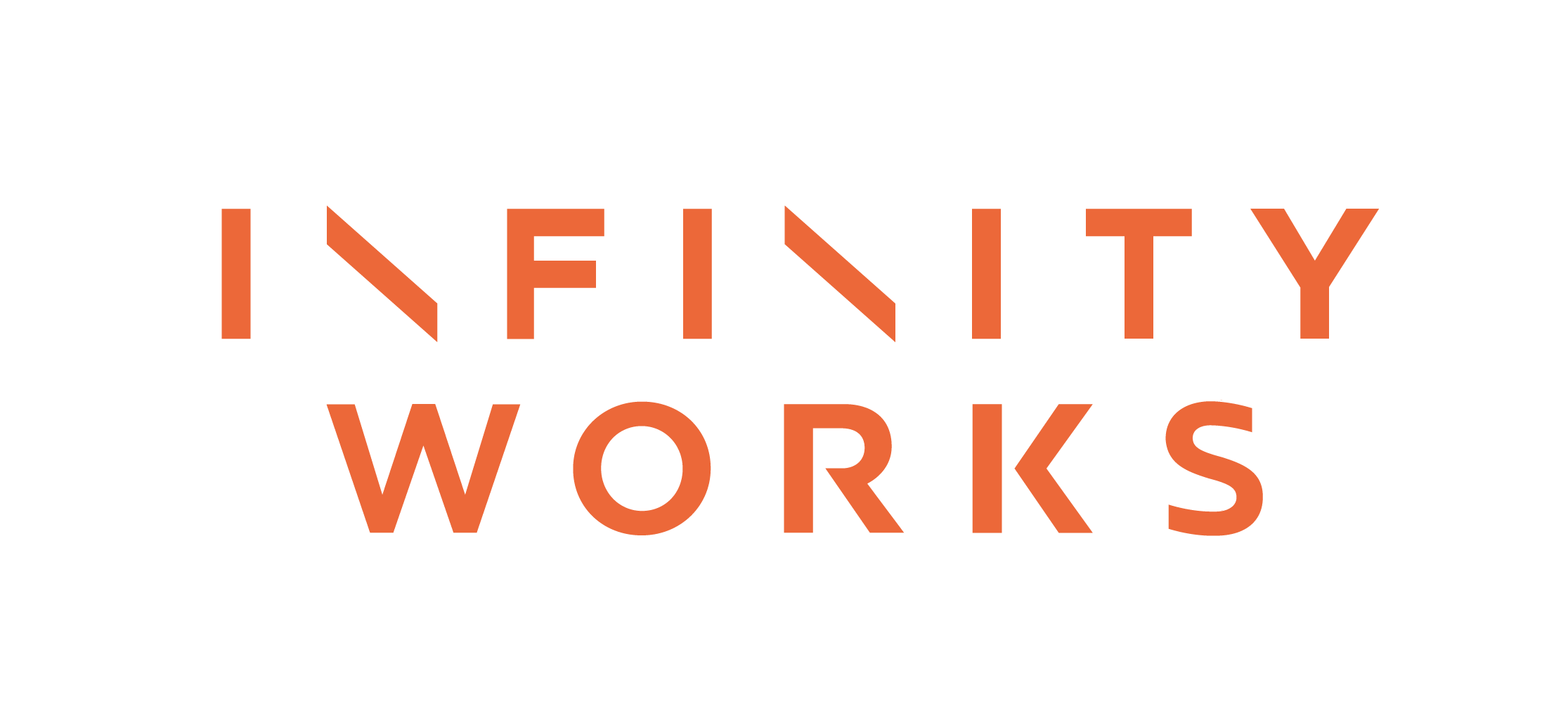
Talking Testing with Katja Obring
In the latest edition of my Talking Testing blog series, I caught up with Katja Obring to find out about her experience in Software Testing, life as a “woman in tech” and how she is fusing coding with her hobby of fibrecrafts!
Hello Katja, Please can you give us all a brief introduction of you, and your current job role….
Hi there! I am currently a test consultant at Infinity Works in Leeds, where I work with a team that assists EMIS Health in moving some of their services to a cloud based system.

You have fairly recently joined InfinityWorks after a 2 year stint at Anaplan, how did you know it was time for a change?
In this industry, it’s important to keep up to date and work with emerging technologies to stay relevant. Infinity Works, due to the nature of the services they offer as well as being a consultancy, is a great place to get to work on a variety of different projects. For me, it was time to try something new, and in a consultancy there’s always so much going on, it’s much easier to get exposed to many different technologies.
You have worked at a few global companies now, such as Anaplan and Walt Disney. Whereas InfinityWorks are more of a local company. Which kind of work environment do you personally prefer?
For me, smaller businesses feel more genuine. While there certainly are a trade-offs, for example many small companies often can’t offer quite the same polished career progression paths as corporate entities, I love the opportunity to actively influence the culture of a company, and help create a great work environment.
And I prefer the usually flatter hierarchy, which allows for rapid decision making and great flexibility in tuning workflow and process.
We first started talking through an online community of women in Software Testing, how important is the support of group likes these to you?

Being part of this amazing community is incredibly powerful. Be it finding the solution to a hairy testing problem, or hearing about the best conferences and just a bit of friendly banter amongst people with shared interests.
And of course, being a female in an industry that’s still lacking in diversity, it can be great to get a virtual hug on a rough day or just for reassurance that many of the challenges I face are not mine alone.
When did you first discover the wider “Test Community” and how has it helped you grow as a Tester?
I have been following what is now known as the Ministry of Testing for a long time, back when it was the Testing forum (I believe). Because my background is not in computer sciences, it’s always been important to me to learn where testing as a profession is going, and develop my skills to keep up, and the testing community is full of fantastic people who are incredibly generous with their time and knowledge to help out, answer questions and point in the direction of great learning resources.
“Women in Tech” is a hot topic, and will likely continue to be throughout 2019. Have you ever faced any particular challenges being a women in tech over the years?
Oh yes, I don’t think I know any woman working in tech who hasn’t. During my career I’ve been told I’m too aggressive (just after being told I’m not assertive enough), asked to smile more (right after being told off for being emotional), or had my job explained to me by men 20 years my senior.
It happens, and my best advice is to grow a thick skin, and learn how to leave the job at work when you go home. And don’t give up. Things have gotten better over the last decade, and they will continue to improve, but only if the minorities keep fighting and keep sticking around. It is also important to keep in mind that women are not the only underrepresented group in this equation. We all need to stick together, and build the world we want to see together.
What advice would you give to someone who is new to Software Testing? Is there any particular skill or tool they should focus on mastering?
The profession of testing has changed with the wider field of software development it sits in, and will continue to do so. These days, the need for purely manual testers is far lower than for testers who have at least a basic understanding of code. The hot topics currently certainly are cloud services, distributed systems and testing in production. The latter requires a solid understanding of how to get and read metrics out of complex hosted systems, so if coding is not something a budding tester sees themselves doing, getting a solid foundation in using tools to generate and display metrics could be a good route.

What is on your “To-Learn” list for 2019?
I am currently on the delightful journey to learn C#, which I have not worked with previously. I can also foresee a need to improve my react knowledge. The way I go about this is a personal coding project that ties this in with my hobby of fibrecrafts (I’m a member of the Weavers, spinners and dyers guild) I am writing an application that will output a simple knitting pattern tailored to the specific measurements of the user.
If you hadn’t of got into Testing some 10 years ago, what do you think you would be doing now?
I’d like to think I’d be running a nice little B&B somewhere in the countryside, or maybe a little restaurant – I’m a trained chef and sometimes I miss the very special kind of atmosphere a restaurant kitchen provides.
To read more of my “Talking Testing” interviews click here.





